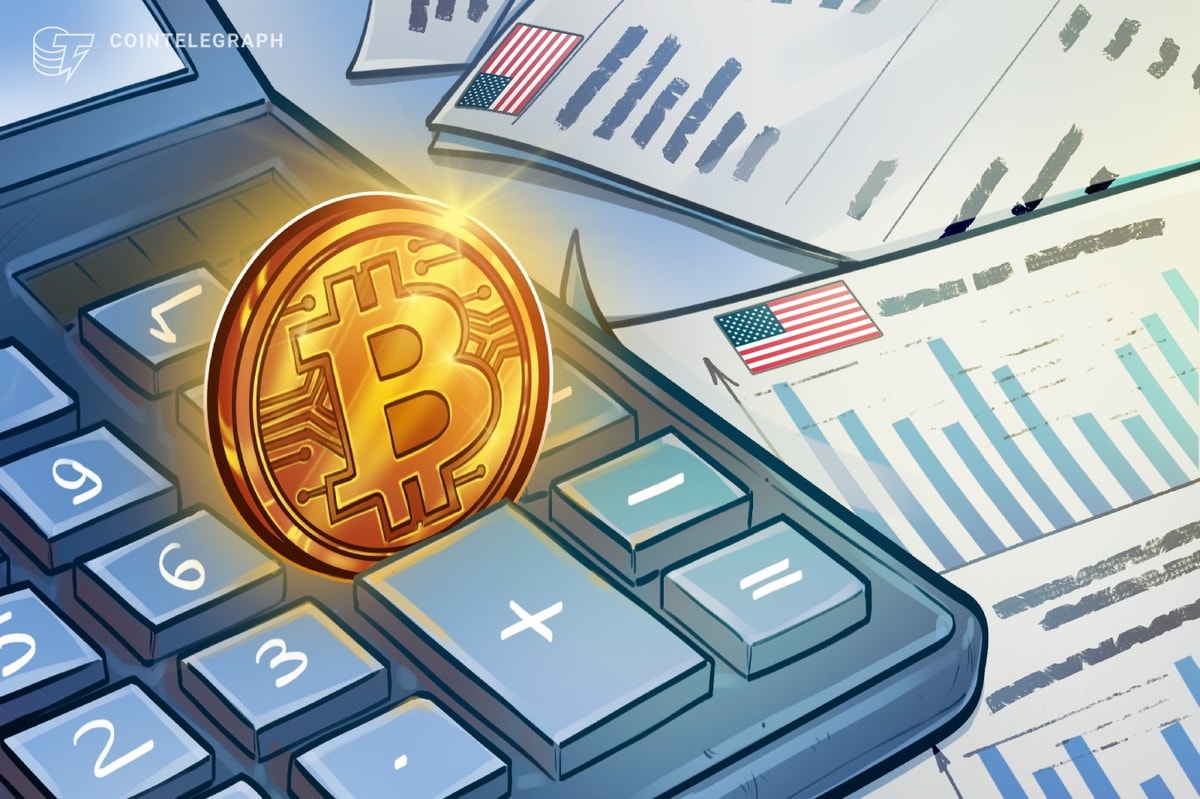Unlike banks that have some oversight in how they can control one’s access to their accounts, cryptocurrency exchanges are a law unto their own. Traders using Bitcoin India have found this out the hard way as the exchange has locked them out of their accounts for up to a month.
According to Factor Daily, Bitcoin India, founded in 2014 and headquartered in Andhra Pradesh’s Prakasam district, is one of the few exchanges in India that supports multiple cryptocurrencies, including Bitcoin, Ether, Dash, Litecoin, and others, in addition to the mining contracts that it offers.
Locked Out
Traders and investors, many holding fiat currency in their accounts, have been locked out for almost a month, unable to trade or withdraw any of their funds. Many have become annoyed at the fact they have missed out on the biggest bull run Bitcoin and altcoins have had to date. One told local media:
I have around Rs 10 lakh ($US15.6K) in cash and Rs 30 lakh ($US47K) worth of cryptocurrencies locked in my account since November. I could have easily made Rs 5 lakh ($7,800) in profit if I was able to access and trade in my account.
According to a number of investors on the Bitcoin India platform, the lockout began in September when they started to receive messages and pop-ups saying that they have been logged out of their accounts due to suspicious activity or exceeding trade limits. Traders insist there was no clause in their agreement with Bitcoin India of any limit on trades.
Bitcoin India told a Delhi-based networking engineer that he had crossed his buy and sell limit. To that, he says:
I had joined Bitcoin India because they showed better rates for cryptocurrencies and had also offered more cryptocurrencies to trade. We were also able to do multiple trades and company had said that we were allowed to do unlimited trades on the platform.
Unresponsive
Attempts by local traders and media to contact the company have so far been fruitless. However, in a press release on Thursday, Bitcoin India said:
Due to recent unexpected user growth that is driven by soaring demand in Asia to buy/sell digital assets, which lead us to get huge number of support tickets all of sudden, we are currently experiencing delays resolving support tickets. Our team is working through these tickets as quickly as possible and we are adding additional resources to get through the backlog.
The lesson to learn from this is that unregulated exchanges can do what they want, so it is best to store your crypto in a private online or hardware wallet, not on the exchange.
Where do you store your crypto: exchange or wallet? Let us know in the comments below.
Images courtesy of Pxhere and Bitcoinist archives.












